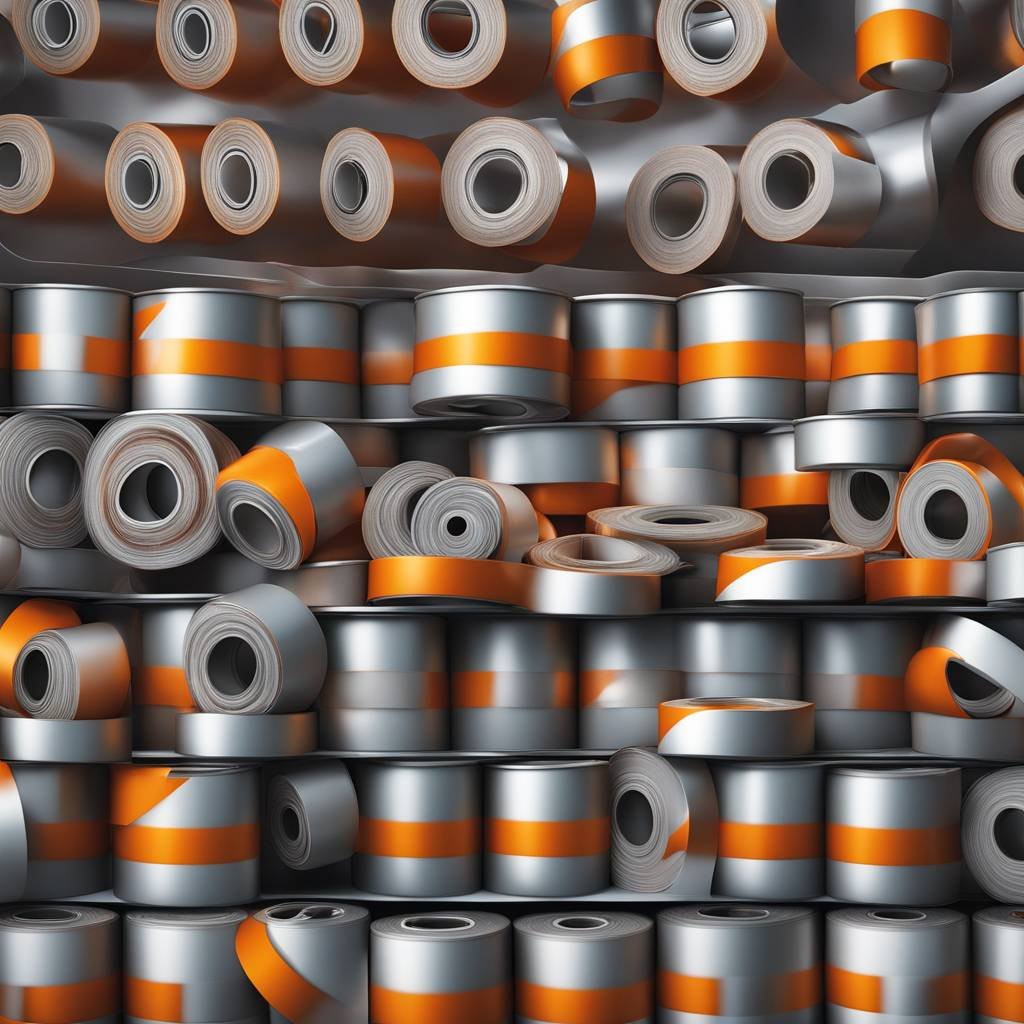Summary
– EV battery industry evolving, pushing need for thinner, lighter, safer materials like mica
– Engineers turning to mica for improved vehicle reliability and safety
– Pressure-sensitive adhesive (PSA) tapes preferred for bonding mica in battery packs
– PSA tapes offer safety, assembly optimization, consistency, and versatility
– White paper provides guidance on using mica in EV battery packs, outlines properties to consider
Article
The EV battery industry is rapidly evolving, leading to an increased demand for advanced materials that are thinner, lighter, and safer. Engineers are now turning to mica as a material solution to improve vehicle reliability and safety by containing thermal runaway. In addition, pressure-sensitive adhesive (PSA) tapes have emerged as a preferred bonding solution for mica materials in battery packs. These materials offer several advantages for EV battery packs, such as safety, assembly optimization, consistency, and versatility.
A new white paper sponsored by Avery Dennison Performance Tapes explores the common challenges associated with using mica in EV battery packs. Supported by laboratory data, the report provides guidance for engineers and other professionals involved in the design and assembly of these materials. It highlights the benefits of using PSA tapes in combination with mica for EV battery packs, including safety, assembly optimization, consistency, and versatility.
One of the key advantages of PSA tapes is that they do not require any special hazardous material handling protocols, contributing to a safer working environment. Additionally, PSA tapes provide virtually immediate green strength, with cure times measured in microseconds rather than hours or days. This allows the tapes to hold parts in place while a battery pack is being assembled, improving efficiency and productivity. Moreover, PSA tapes offer consistent thickness upon application, ensuring that each battery pack coming out of assembly will have the same amount of adhesive as every other pack.
PSA tapes also offer versatility in terms of lamination to various materials such as foams, fibers, and films, as well as die-cutting to specification. Engineers can customize adhesives to enhance ease of use, long-term durability, and flame resistance, making them suitable for a wide range of applications. The white paper discusses the properties to consider for Muscovite and Phlogopite mica, as well as the impact of adhesive pattern coating, tape constructions, and peel angle on these materials. The study was conducted in collaboration with Asheville Mica Energy Solutions, providing valuable insights for the industry.
Overall, the white paper sponsored by Avery Dennison Performance Tapes sheds light on the significant role of mica and PSA tapes in enhancing the reliability and safety of EV battery packs. By addressing common challenges associated with mica usage and highlighting the benefits of using PSA tapes, the report offers valuable guidance to engineers and professionals in the industry. With the EV battery industry evolving rapidly, the use of advanced materials like mica and PSA tapes is crucial in ensuring the efficiency, safety, and performance of battery packs in electric vehicles.
Read the full article here



